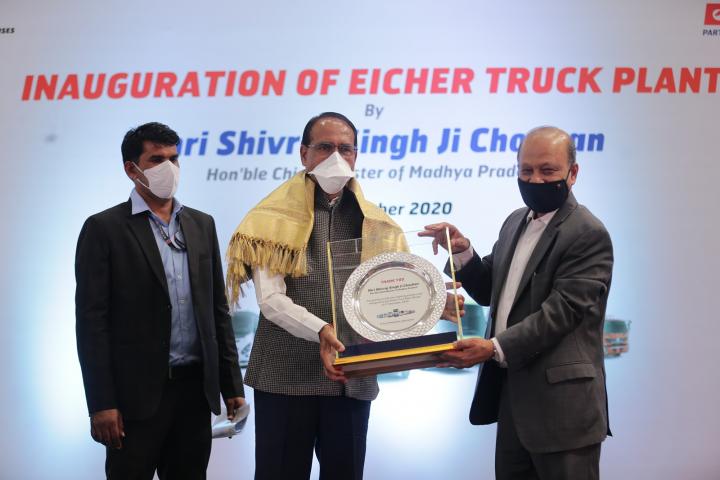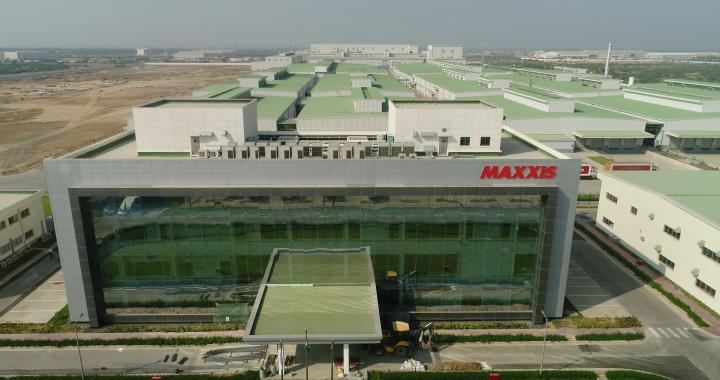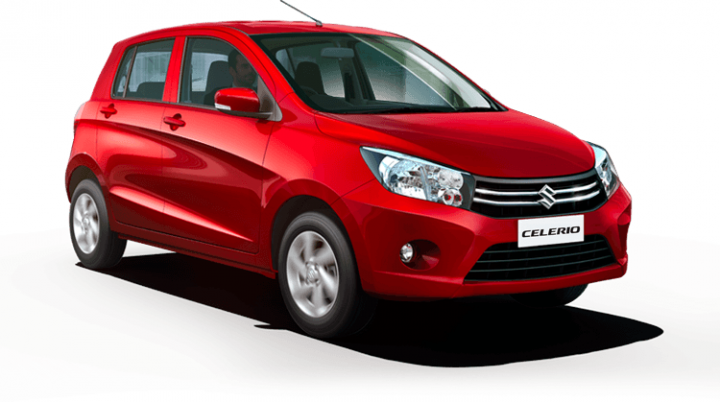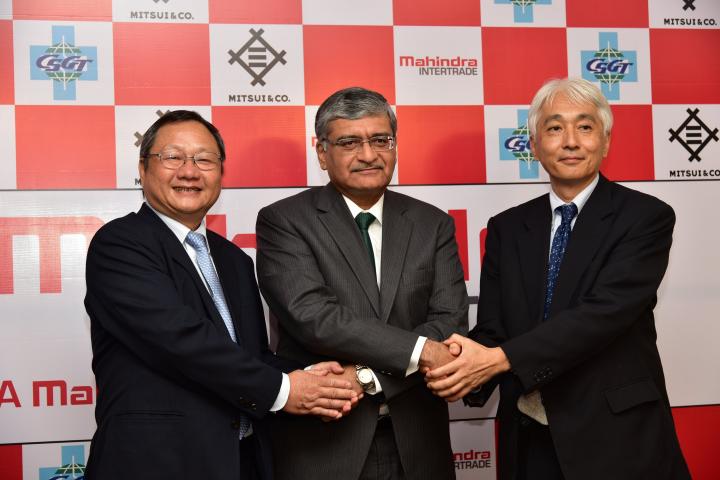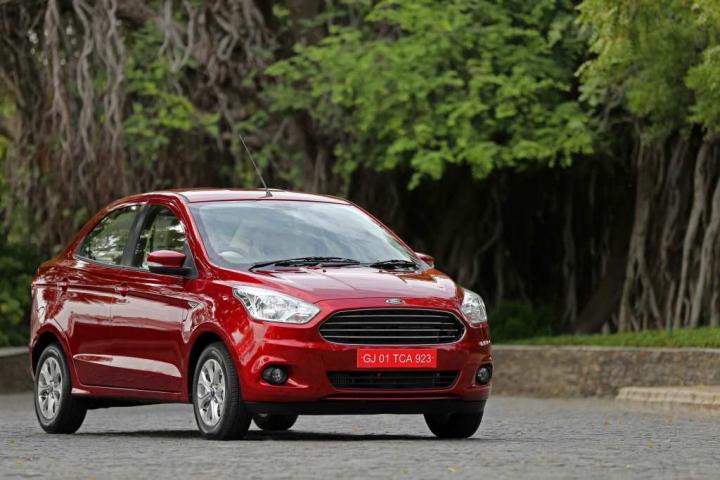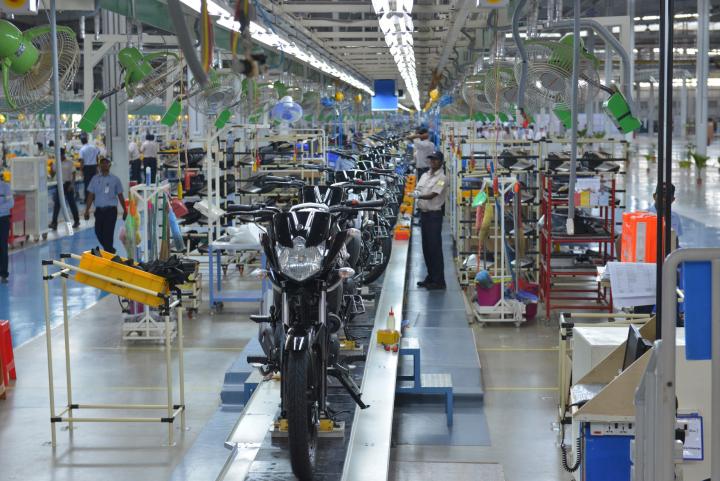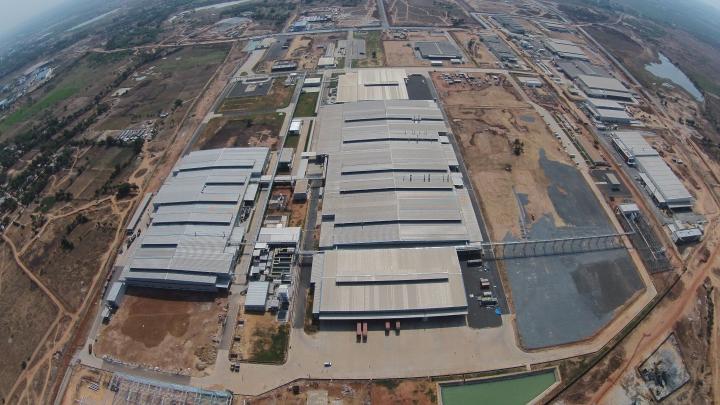News
VECV’s new Bhopal truck plant starts production
The Bhopal facility has been set up based on manufacturing technology with connected machines following IoT methodology and Industry 4.0 standards. In the first phase, the plant will have the capacity for the production of 40,000 trucks.
VE Commercial Vehicles Ltd. (VECV) has commenced commercial operations at its new truck manufacturing facility at Bagroda, Bhopal. The Chief Minister of Madhya Pradesh inaugurated the new manufacturing facility and flagged off the new trucks that rolled out from this plant.
The Bhopal facility has been set up based on manufacturing technology with connected machines following IoT methodology and Industry 4.0 standards. In the first phase, the plant will have the capacity for the production of 40,000 trucks.
With this plant, many ancillary units are expected to come to Bagroda, which is expected to create employment opportunities for the local people.
VECV has investments of more than Rs. 5,000 crores in its eight plants in the state of Madhya Pradesh. Apart from this, it has attracted more than 100 ancillary and other suppliers for supplying the parts required in manufacture of trucks. The company claims to have generated direct and indirect employment for over 30,000 people including suppliers and associates.
News
Peugeot & Birla groups set up engine & gearbox plant in Hosur
Groupe PSA (Peugeot) and Avtec Ltd (a CK Birla Group company) have inaugurated a greenfield plant in Hosur, Tamil Nadu. The facility will manufacture and supply powertrains for the global and domestic automotive market. The construction of the facility started in November 2017.
The plant is owned by PSA Avtec Powertrain Pvt. Ltd. - a 50:50 joint-venture created in 2017 between Groupe PSA and Avtec. The initial manufacturing capacity of this plant will be 3,00,000 units per year for transmissions and 2,00,000 units for BS-VI compliant engines. The plant will manufacture gearboxes in phase 1 to support the Indian as well as international markets.
The company claims that the peak investment in this manufacturing setup would go up to Rs. 600 crore and is expected to generate a direct employment of around 800 people. The company also claims that it will employ a significant level of localization in an attempt to keep costs competitive.
News
Maxxis Tyres opens its first manufacturing unit in India
Maxxis Rubber India - a Maxxis Group company, has launched its first manufacturing facility in Sanand, Gujarat. The plant was inaugurated by Mr. Vijaybhai Rupani, Chief Minister, Gujarat in the presence of Maxxis Group Chairman Mr. Tsai-Jen Lo, President of India Operations Mr. Cheng-Yao Liao and Spokesperson Mr. Jia-Ciao Liou.
The company has invested Rs. 2,640 crore in the new facility that is spread across 106 acres. It currently employs 600 people but the workforce is expected to grow to 2,000 within 5 years. The plant will churn out tyres and tubes for 2-wheelers and has a capacity to produce 20,000 tyres and 40,000 tubes per day. With this, the company aims to increase its market share in India to 15% within the next 5 years.
Maxxis is the OEM tyre supplier for Honda 2-wheelers, Maruti Suzuki, Mahindra, Tata and Jeep in India. The company will initially also export to South Africa, with other countries in the Middle East and Africa to follow.
News
Maruti Suzuki mulls assembly facility in Sri Lanka once again
Maruti Suzuki is reported to be reconsidering setting up an assembly plant in Sri Lanka.
Earlier in 2013, Maruti Suzuki was thinking of opening a facility in the island nation (click here to read report). It had considered Hambantota, as the location for this plant. Hambantota is located at a distance of about 250 km from Colombo, the country's capital city. Maruti had planned to use Hambantota harbour for re-export. The company had to put off its plans due to some tax issues with the then government.
However, the positive developments between India and Sri Lanka have got the company to reconsider setting up a plant in Sri Lanka.
Additionally, Sri Lanka is the second largest export market for Maruti Suzuki. The increase in tax on imported vehicles in the country is another likely factor for the company to consider local assembly of cars.
Source: Daily News
News
Royal Enfield plans third plant to double production capacity
Last year, we had reported that Royal Enfield had purchased land to set up a new manufacturing plant (click here to read report). This plant is expected to come up in Vallam Vadagal near Oragadam, Tamil Nadu.
The new factory will be built on 50 acres of land have been purchased by Royal Enfield for Rs. 57 crore. The construction of the plant will start next year. The company aims to double its production capacity to 9,00,000 units per annum from the current 4.5 lakh units by 2018.
At present, Royal Enfield has two manufacturing facilities - one in Thiruvottiyur and one in Oragadam. The demand for the company's products rising and there is a waiting period for them. In the period January-October 2015, Royal Enfield's sales stood at 364,178 units. In the same period last year, the company sold 2.40,993 units.
The company has already increased the capacity of its Oragadum plant to try and reduce the waiting period. The third plant will help immensely in catering to domestic and international markets.
Royal Enfield is working on two new platforms. While the product on the first platform will be launched in 2016, a product on the second one will be launched in 2017.
Source: ET Auto
News
Mahindra Auto Steel inaugurates plant at Chakan
Mahindra Auto Steel, a subsidiary of Mahindra Intertrade, has announced the opening of its automotive steel processing facility in the auto belt of Chakan, near Pune, Maharashtra. This plant is the seventh steel service centre in the Mahindra Intertrade family, its third in the Pune region and its third automotive steel processing facility.
This facility is a joint venture with China Steel Global Trading Corporation, Taiwan and Mitsui & Co. (Asia Pacific) Pte. Ltd., Singapore. Mahindra Intertrade holds a 51% stake in the JV and the other partners hold 24.5% each.
The facility has been set up at a cost of Rs. 110 crore in phase 1, over 10 acres of land, with an annual processing capacity of 1,00,000 tonnes.
According to Mahindra, the facility has been designed especially for the manufacture of nested blanks. It is equipped with a blanking line from Fagor Arrasate of Spain.
The facility will offer automotive customers in the Pune region, services such as sourcing, warehousing, yield optimization, forex risk management and SKU-wise JIT delivery, and products such as blanks, trapezoids and profiles.
Mahindra claims that the facility is constructed in accordance to IGBC’s Green Building norms, and incorporates features such as enhanced indoor air quality, treatment of non-processed waste water and rain water harvesting among others.
News
Ford plans new global engineering and technology center in TN
Ford has signed a Memorandum of Understanding (MoU) with the Government of Tamil Nadu under which, it will make a fresh investment dedicated towards future capacity expansion at the Chennai plant and establishing a new global engineering and technology center on a new 28 acre campus.
The new campus will also host operations of Ford Global Business Services in areas of IT, product engineering, finance and accounting, data analytics, manufacturing and business processes among others. The company claims that it will create thousands of new jobs on the campus.
Ford's Chennai plant is spread over 300 acres and has an installed annual capacity to produce 2,00,000 vehicles and 3,40,000 engines. The company's second manufacturing facility was inaugurated in March 2015. It is located in Sanand, Gujarat.
At present, Ford employs 14,000 people across its manufacturing operations and global business services in India.
- Tags:
- Indian
- Investment
- New plant
News
Hero MotoCorp inaugurates new plant in Colombia
Hero MotoCorp has inaugurated a new manufacturing facility at Villa Rica, in Colombia. This is the company's fifth plant and its first plant outside India.
The Villa Rica plant was completed in a little over nine months since construction began. It will act as a hub for selling Hero vehicles to Andean countries. It can also be used as a base for shipping to North American markets such as Mexico and the US.
The plant is spread over an area of 17 acres (68,000 square metres) and is located at the Parque Sur free trade zone at Villa Rica in the state of Cauca - about 500 km south-west of Bogota. It will have an initial production capacity of 80,000 units per annum. Hero plans to expand its capacity to 1,50,000 units per annum, in the next phase. The plant has been built at a project cost of US$ 70 million of which, US$ 38 million has been utilised in CAPEX and rest will be used as working capital over the next few years. The plant is expected to provide employment to around 2,200 people in the area.
The new plant will manufacture ten products from HMCL’s range of two-wheelers including the Dash scooter.
With the inauguration of the new plant, Hero MotoCorp has become the first Indian two-wheeler manufacturer to set-up a manufacturing plant in Latin America.
Hero MotoCorp currently sells its products in 24 countries across the world including Sri Lanka, Nepal, Bangladesh, Egypt and Turkey in Asia; Peru, Ecuador and Colombia in South America; Guatemala, Honduras, El Salvador, Nicaragua, Panama and Costa Rica in Central America; Kenya, Mozambique, Tanzania and Uganda in East Africa; Ethiopia in South Africa; and Burkina Faso, Ivory Coast, Democratic Republic of Congo and Angola in West Africa.
In partnership with its local distributors, Hero MotoCorp has also established assembly units in Kenya, Tanzania and Uganda in East Africa. The company is also in the process of setting up a manufacturing facility in Bangladesh.
- Tags:
- Indian
- New plant
- Hero MotoCorp
News
Yamaha inaugurates new manufacturing facility in Tamil Nadu
Yamaha has inaugurated a new two-wheeler manufacturing facility at Vallam Vadagal in the Kanchipuram district of Tamil Nadu. The plant will roll out the 125cc Saluto motorcycle and scooters including the Fascino, Alpha, Ray and Ray Z.
The new facility, which is located on the outskirts of Chennai, will be the first in the Yamaha Motor group to have a vendor park in its vicinity. It is spread across an area of 177 acres, out of which, Yamaha is using 109 acres and 68 acres have been given to vendor partners. To begin with, Yamaha will employ 2,000 people at its plant. The vendor park has 9 vendors who plan to invest Rs. 1,000 crore and employ around 3,000 people by 2018.
Yamaha will invest Rs. 1,500 crore in phases till 2018 in the new plant. The facility will have an initial production capacity of 4,50,000 units which will be increased to 1.8 million units by 2018. The factory plans to employ 3,900 people by 2018.
The Chennai plant incorporates infrastructure and technologies for zero-water discharge and recycle / reuse of waste water and maximum use of sunlight. The building is compatible with solar power system installation.
Yamaha had signed a Memorandum of Understanding with the government of Tamil Nadu in May 2012 to construct and operate the two-wheeler factory in the state.
Yamaha has two other operating factories in India located at Surajpur (Uttar Pradesh) and Faridabad (Haryana). With all three plants in operation, the company plans to have a combined two-wheeler production capacity of 2.5 million units by 2018.
News
Suzuki's Gujarat plant could start production by early 2017
Earlier this year, Suzuki laid the foundation stone for a new manufacturing facility in Gujarat. The plant is expected to start rolling out vehicles by mid-2017. However, the company is trying to advance this date by 3-6 months to January 2017.
Maruti's Gurgaon and Manesar facilities are expected to be functioning at optimum capacity by the middle of next year and the company will need additional capacity. At present, the factory building of the new facility in Gujarat is under construction.
The Suzuki plant will manufacture vehicles exclusively for Maurti Suzuki India. It could build more high-priced products such as the Baleno (codenamed YRA) hatchback than the current facilities. If it does, it will make more profit on the sale of each car than the Gurgaon and Manesar plants.
The Baleno will be positioned above the Swift in the company's line-up of hatchbacks and will be exported as well.
The upcoming plant is also likely to manufacture the next-generation Swift hatchback and Dzire compact sedan.
Maruti Suzuki is targeting annual sales of 2 million units by the end of the decade.
Source: ET Auto
Pages





